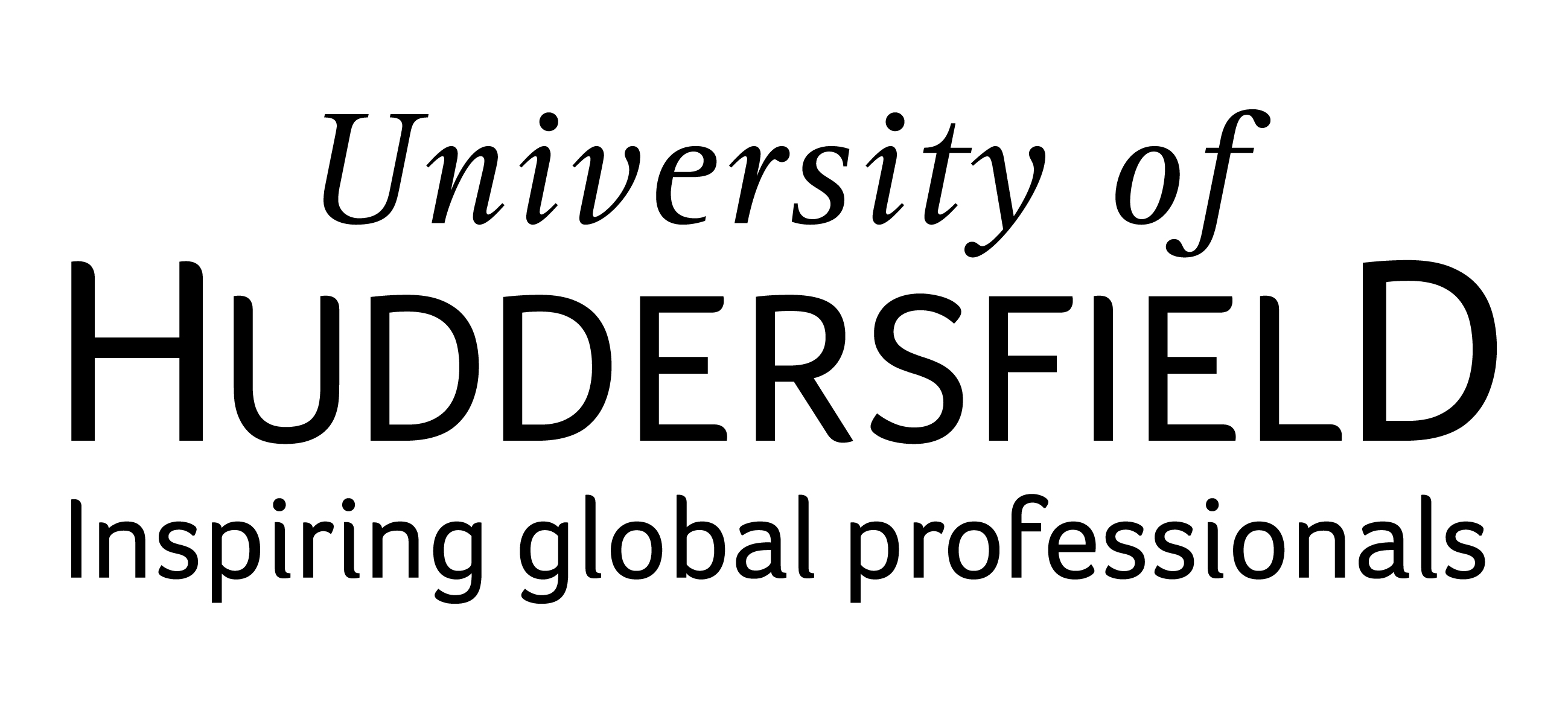Home »
Embedding Skills is Remedial
Academic perceptions
âIt means cutting back on genuine academic content. It also means patronising our 18-21 year old students with Mickey Mouse bullshit theyâve already learned in school and patronising our mature students by treating them like school kids.â
âEither they should be taught and assessed explicitly (and hence be part of the curriculum) – and that might be true of chemistry lab skills â or they should be assumed as part of what any undergrad should already know â and this applies to most study skills. Of course some students may lack the latter skills, in which case they need remedial work â but that is what it is, remedial, not a core content of the curriculum at university.â
âFor undergrads that come straight from formal education, it means that their formal education has been insufficient. Students with a solid set of A levels or equivalent (UCAS entry for my Course is 280) should, in my opinion, be able to write in grammatically correct English, have a good understanding of syntax and be able to
structure written work coherently. The fact that many students do not have these skills means they miss out on subject content and higher academic skills whilst academics teach them the difference between âweatherâ and âwhetherâ.â
structure written work coherently. The fact that many students do not have these skills means they miss out on subject content and higher academic skills whilst academics teach them the difference between âweatherâ and âwhetherâ.â
Learner Developers’ views
Remedial = deficit model but everyone has something to learn
Students have not always learned what they should have at school so how do we cater for diverse learning experiences?
Who determines what is âgenuine academic contentâ? What do we mean by skills? The heart of embedding is giving students what they need in order to develop.
We should be teaching for learning rather than treating assessment as teaching and learning
Panics over plagiarism and emphasis on employability work against teaching for learning
Remedial attitudes rely on instrumentalist approach such as league tables and put the blame on students

